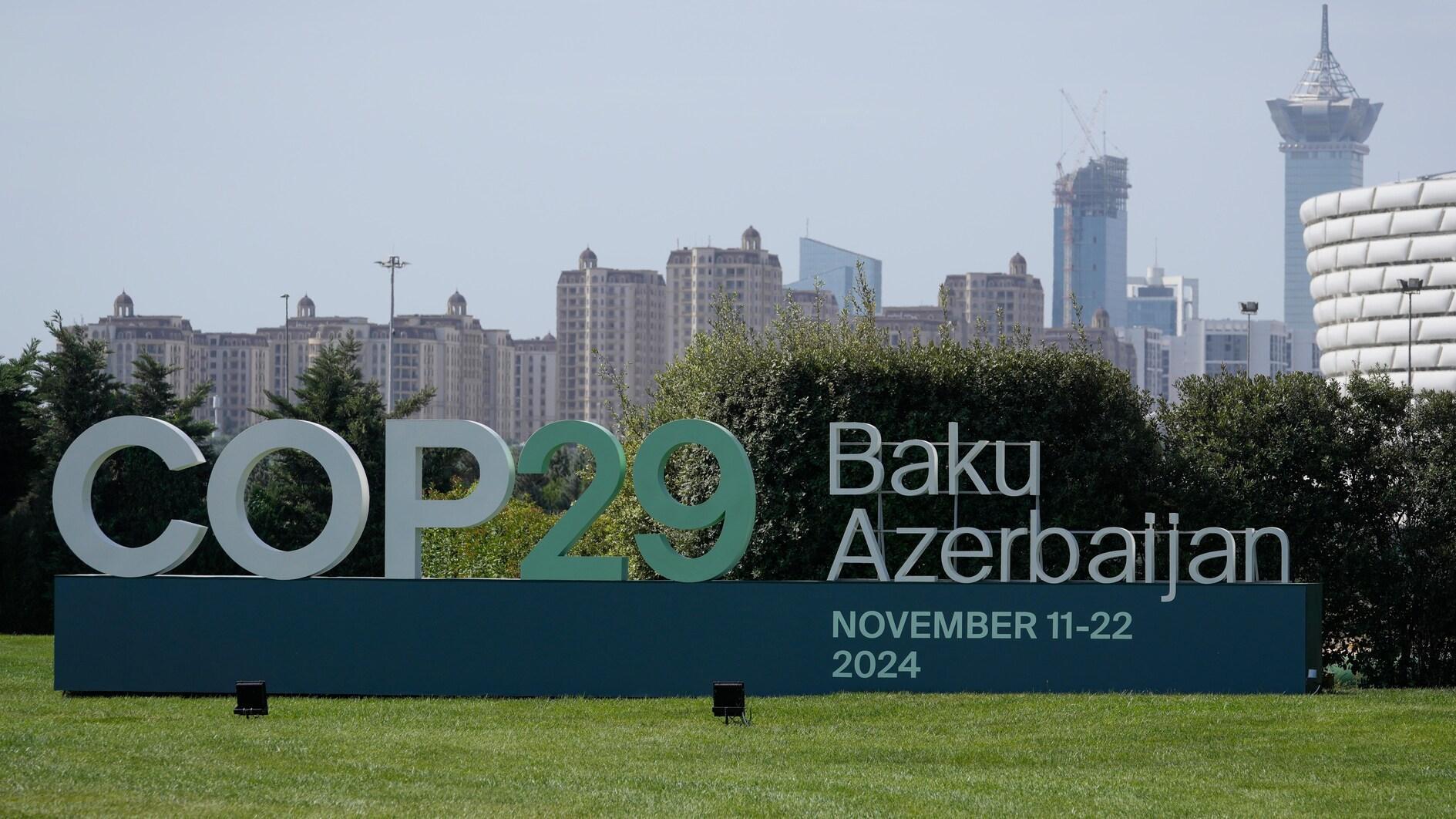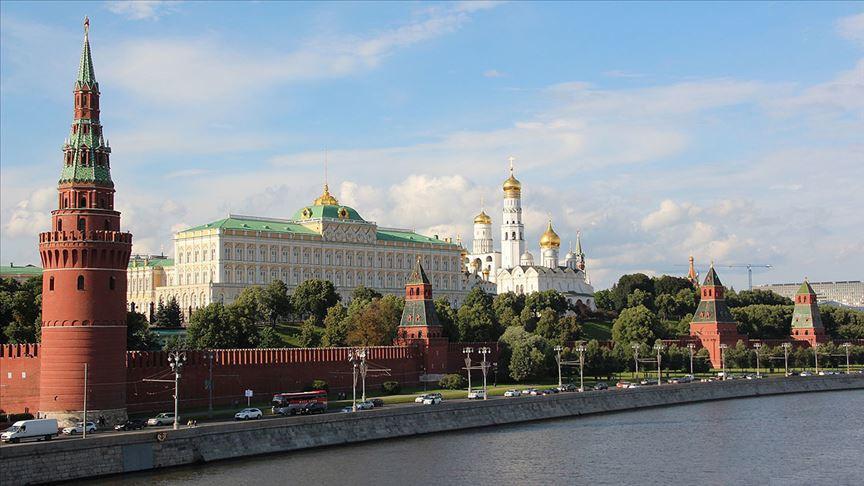The EU’s Greek debacle
Many Europeans are angry at Greek Prime Minister George Papandreou’s decision to call a referendum on the EU’s bailout package for his nearly bankrupt country. Greeks, however, have a right to decide their future as much as anyone else in Europe.
Opponents of the Greek referendum naturally want to see that the EU is not sent reeling toward further internal chaos and is working instead in a relatively healthy manner. But healthy and working for whom? This is the question tens of millions of Europeans are asking now.
Germans, Finns and the Dutch, for example, don’t see why they should “pay for lazy and corrupt members that have no respect for rules and regulations.” Ordinary Greeks, on the other hand, are asking why they should pay for the mismanagement of their politicians and an EU that was grossly negligent in monitoring them.
Given this general picture one could argue that it is good Mr. Papandreou is bringing matters to a head in this way. This is highly risky for the EU, of course, but it will enable “the real Europe,” warts and all, to emerge, which in turn will determine the EU’s future shape and course in a realistic way.
If a referendum is indeed held, Greeks may – and given the cards stacked against them probably will – decide they have no choice but to endorse the bailout plan even if it entails years of hardship. Turks were never asked in the past but had to still suffer similar hardships, so we know how painful it will be for Greeks.
But it is a fact that a new Turkish economy emerged out of all the IMF-administered pain of the past, as is evident today. Greeks, however, may decide they want a different solution, and this will leave the EU facing an even greater crisis of existential proportions than we have today.
The bottom line is that Greece will have to reinvent itself one way or another after the present crisis. As for the EU as a whole, it will have to adjust to the reality of the new world economic order sooner or later. The symbolism of the growing European reliance on Chinese capital, for example, should not be lost on anyone.
Turks are long past the point where they can gloat over Greece’s difficulties and what it is doing to an EU that is cold-shouldering their country. As they saw this week, negative economic developments in Greece and the rest of Europe adversely affect the Turkish economy too, with consequences for the ordinary man and woman. So there is no choice but to hope for an early economic recovery across the EU.
The EU project was supposed to lead to a “federal Europe” with a working “constitution” by now. This has foundered due to economic miscalculations, and unless Europe’s collective economy is set in working order soon, the political union could regress even further, as EU laws and regulations are gradually “renationalized.”
Once again it must be underlined here, as I have been frequently doing of late: Where Turkey with its growing and relatively stable economy, dynamic young population and increasingly strong industrial base fits into a future Europe, if indeed it does at all, will be determined by how the EU overcomes its current economic and related political crisis.
Put another way, the real determinant in Europe, or if we are to put it another way, the source of the EU’s ultimate collective success or failure, is seen once again to rest mainly in the economic domain and not the political one.











